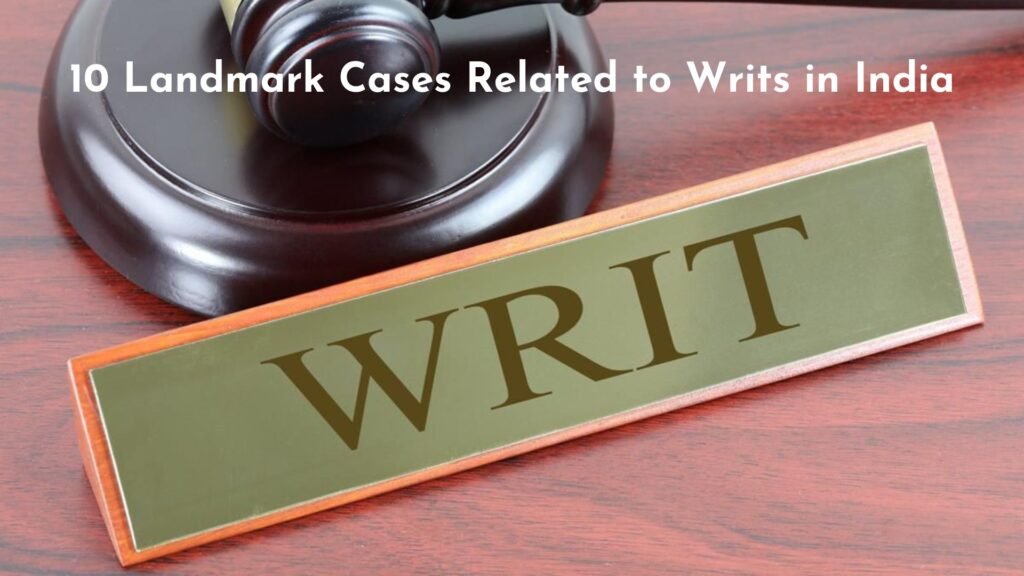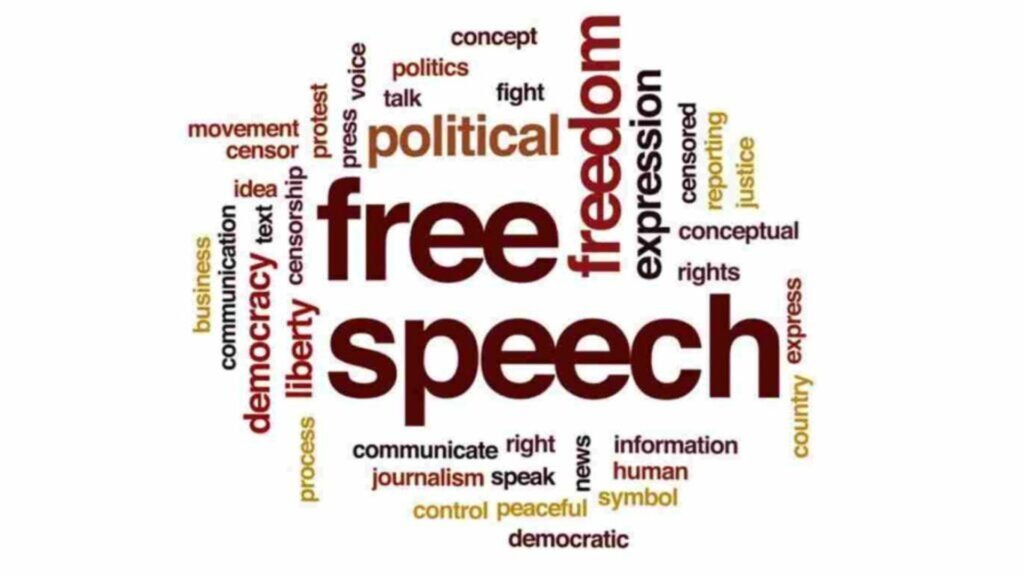Controversial Articles in the Indian Constitution: A Comprehensive Overview
The Constitution of India, a living document reflecting the aspirations of a diverse nation, contains several articles that have sparked considerable controversy and debate over the years. These articles have been scrutinized for their impact on the unity, integrity, and rights of individuals and states. Here is an in-depth look at some of the most …
Controversial Articles in the Indian Constitution: A Comprehensive Overview Read More »







